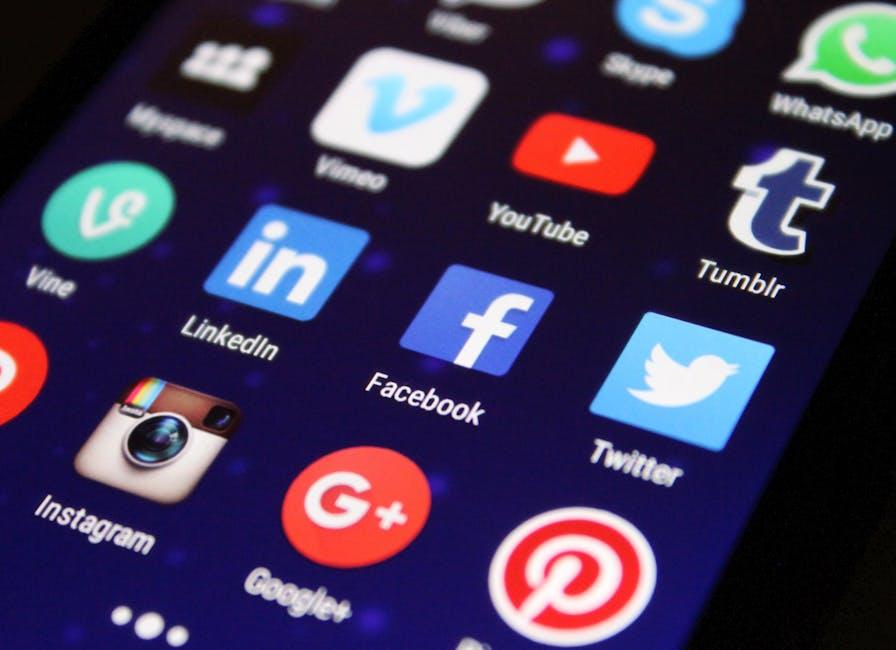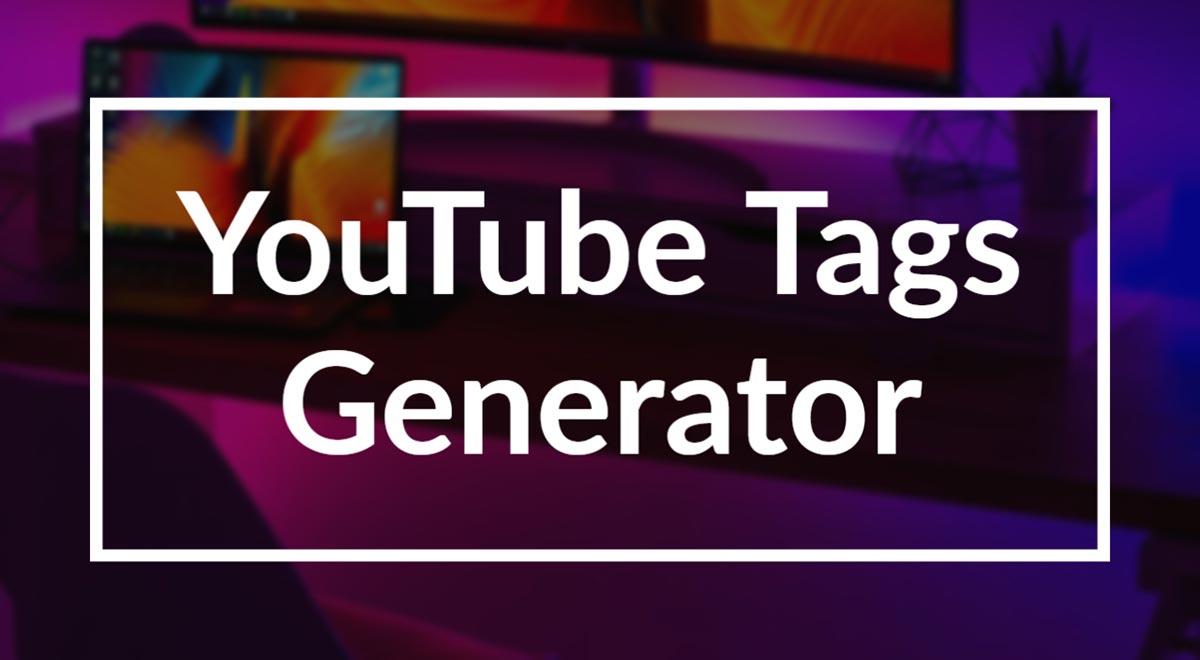Hey there, YouTube enthusiast! If you’ve ever spilled your coffee all over your keyboard after spotting a video warning, you’re not alone. The big question on everyone’s lips these days is, “Can YouTube really strike you for cursing?” With all the rules and regulations floating around, it sometimes feels like walking on eggshells while trying to express yourself. I mean, who hasn’t let a few choice words slip during an intense gaming session or a passionate rant? But does that mean you’re setting yourself up for a strike from the YouTube gods? Let’s unravel this mystery together! In this article, we’ll dive deep into YouTube’s policies, dissect the penalties, and spill the tea on how to keep your channel safe while still being true to yourself. So, grab a snack, kick back, and let’s get into the nitty-gritty of cursing on YouTube!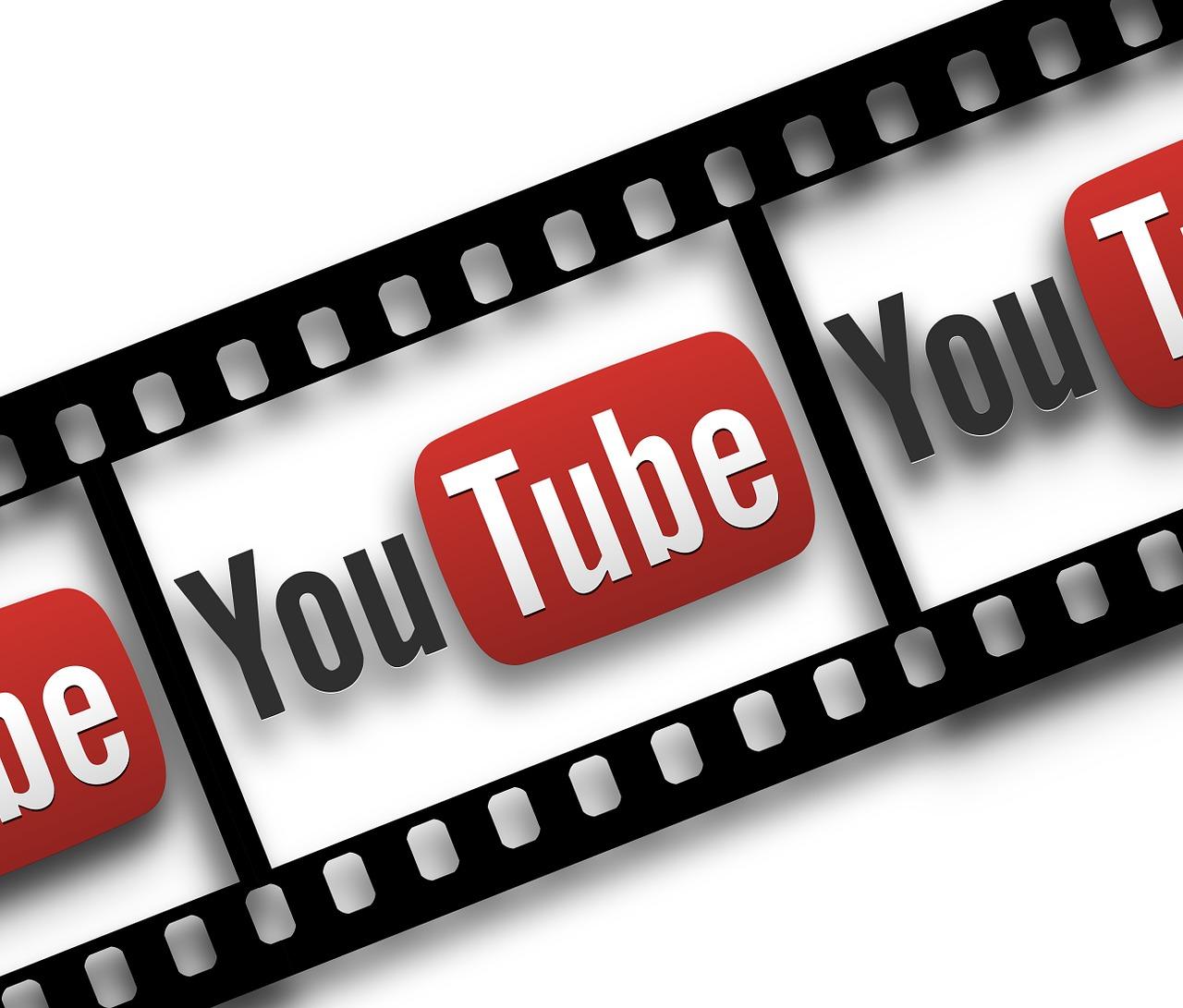
Understanding YouTubes Community Guidelines on Language
When it comes to YouTube, the rules around language can feel a bit like navigating through a dense fog—there’s clarity, then suddenly, a twist that can catch you off guard. While the platform doesn’t outright ban cursing, it’s all about context. For instance, if swearing is used sparingly in a light-hearted way, it might slide under the radar. However, if your content is peppered with explicit language, particularly if it’s aimed at a younger audience or in a way that promotes hate or violence, you’re walking a tightrope. The potential for a strike looms if your language veers into harmful territory. So, how can you strike that perfect balance? Here are a few tips:
- Know Your Audience: Tailor your language to fit the demographic of your viewers.
- Consider Context: Is your use of strong language part of a comedic bit, or does it come off as aggressive?
- Keep It Light: Humor can give you more leeway with language than a serious critique.
Moreover, YouTube also leverages a system of content warnings; certain videos may be marked for “mature audiences,” which could offer some protection against strikes. But don’t let that lull you into a false sense of security. The algorithm is pretty savvy, and what seems okay might be flagged by a human reviewer down the line. To illustrate this, here’s a breakdown of how language might impact your content’s reception:
| Type of Language | Risk Level | Potential Outcome |
|---|---|---|
| Moderate Cursing | Low | Possible Monetization |
| Excessive Cursing | High | Possible Strike |
| Hateful Speech | Very High | Immediate Strike/Ban |
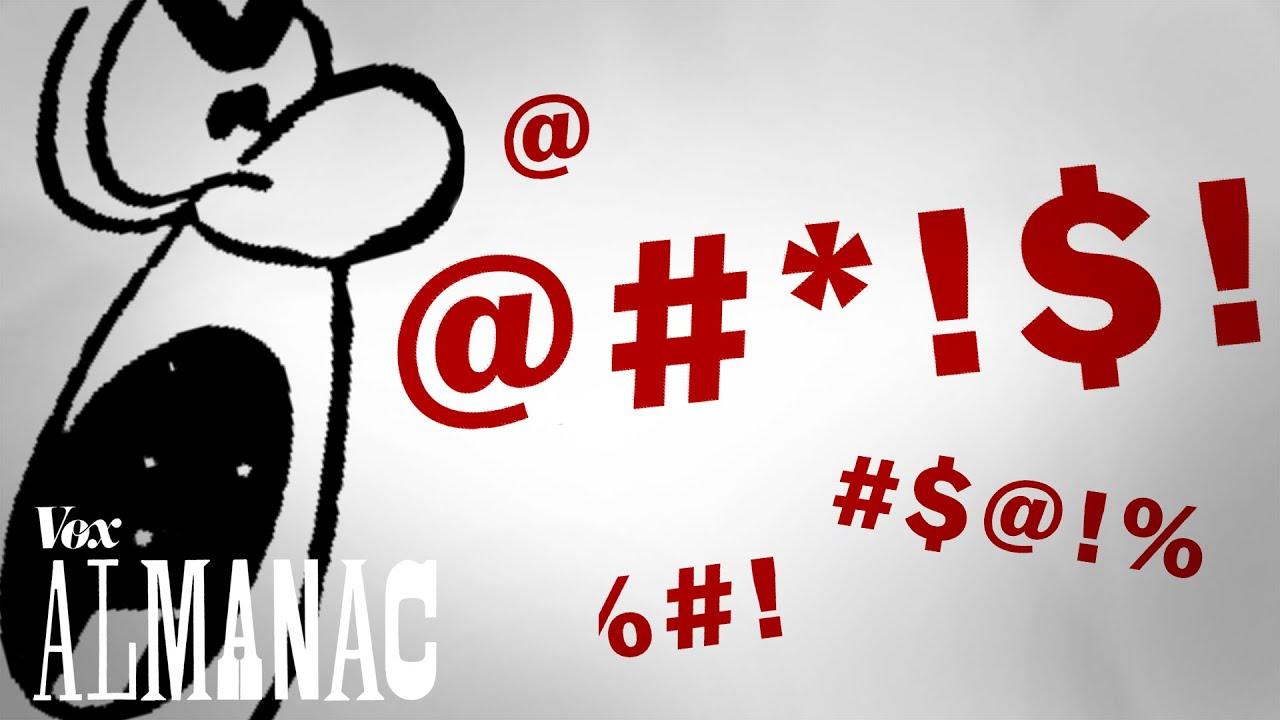
The Impact of Cursing in Your Content: Risk vs. Reward
Using profanity in your content can feel like walking a tightrope—balancing between being relatable and risking your audience’s approval. On one hand, cursing can infuse your message with authenticity, turning a mundane explanation into a passionate outburst that resonates with viewers. It’s like adding a sprinkle of hot sauce to a bland dish; it can kick things up a notch! However, just like too much spice can ruin a meal, excessive cursing might turn away potential fans or lead to demonetization on platforms like YouTube. It’s a game of Risk where the stakes are your reputation and income.
When considering whether to let those colorful words fly, think about your audience. Are they the kind of folks who appreciate a candid, no-holds-barred style? Or do they prefer something more polished? Building a community means understanding their expectations, so take a minute to gauge your viewers’ reactions. A quick poll or a few comments can illuminate which way the wind is blowing. Ultimately, measuring the impacts—both good and bad—allows you to find that sweet spot where your content remains engaging while still protecting your brand.
| Pros of Cursing | Cons of Cursing |
|---|---|
| Authenticity: It can make you more relatable. | Pandering: May alienate some viewers. |
| Emphasis: Highlights passion and intensity. | Monetization Risks: Can lead to strikes or demonetization. |
| Entertainment: Adds humor and flair. | Reputation Damage: Risks of becoming unprofessional. |

Navigating Content Creation without the Censor Anxiety
Let’s be honest, navigating the world of content creation can feel like walking through a minefield—especially when it comes to swearing. It’s that nagging worry that every time you let out a little expletive, you might get hit with a strike from YouTube. But really, is that fear justified? Most creators have felt the heat from letters that sound like they’re written by grammar robots, citing some obscure guideline that seems to change on a whim. The truth is, it’s all about context. A well-placed curse word in a lively discussion can actually add flavor and show your personality, while hurling them around without care might just paint you as reckless.
So, how can you express yourself without that constant censor anxiety? Here’s a few tips to keep your creative flow steady:
- Know Your Audience: Tailor your language to who’s tuning in. Are they a bunch of savvy adults, or a younger crowd?
- Strategic Cursing: If you’re gonna drop an F-bomb, make it count! Timing is everything.
- Be Authentic: Let your true self shine. People connect with genuine emotion better than perfection.
And remember, YouTube’s algorithm isn’t a vengeful deity. While it’s certainly got its quirks, it’s designed to encourage engagement, not stifle creativity. Just keep your content engaging and focus on building that community!
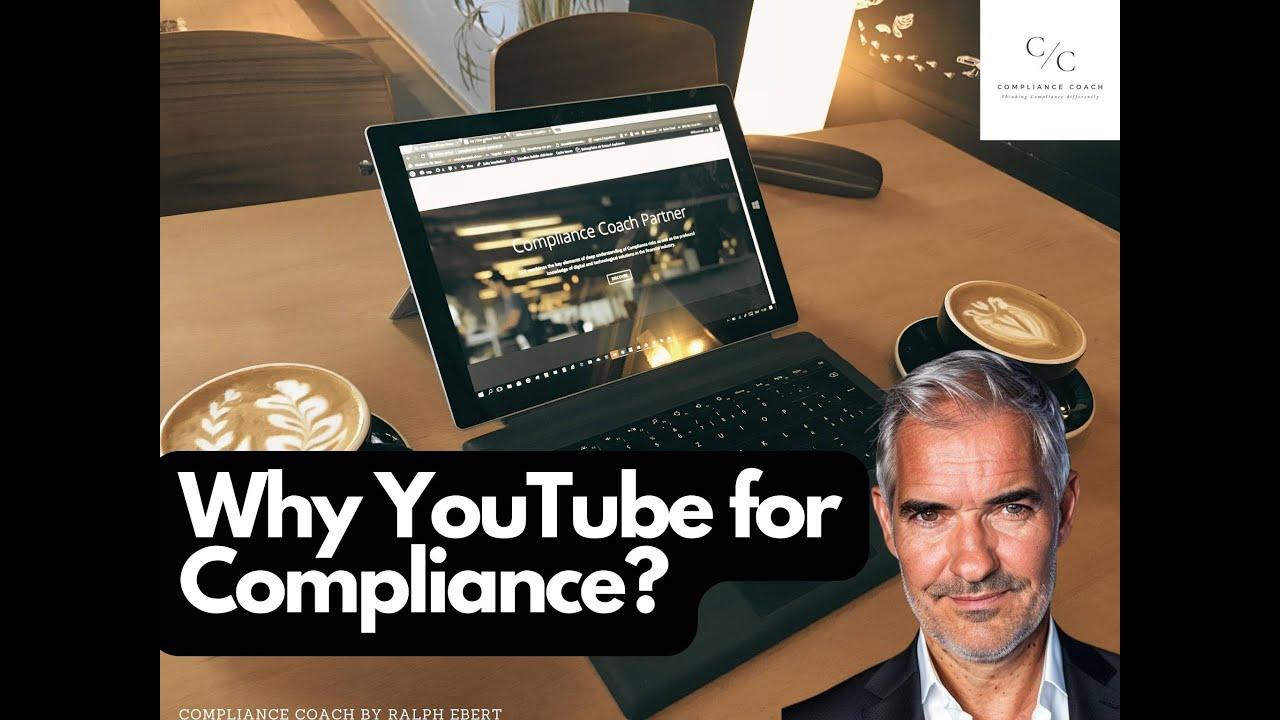
Tips for Keeping It Real While Staying Compliant on YouTube
Staying authentic on YouTube while toeing the line of compliance can feel like walking a tightrope, right? It’s all about striking that perfect balance between being true to yourself and keeping the platform’s guidelines in mind. So, how do you keep it real without risking a strike? Here are some tips that might just help:
- Know the Rules: Familiarize yourself with YouTube’s community guidelines. Understanding what constitutes a violation can save you the headache of an unexpected strike.
- Choose Your Words Wisely: You don’t have to eliminate all cursing—just be intentional. Sometimes, using substitutes or euphemisms can convey the same passion without resorting to explicit language.
- Focus on Engagement: Craft your content to resonate with your audience on a personal level. Ask questions and invite discussions that foster a community feel, which inherently draws attention away from any potential foul language.
- Use Humor: A touch of humor can lighten the mood and make your content more relatable. Funny stories or lighthearted banter can go a long way to keep your audience entertained while keeping the language cleaner.
It also helps to create a content calendar that outlines your video topics. Not only does this keep you organized, but it allows you to plan your content with compliance in mind. Take a look at how you can structure your uploads:
| Week | Video Theme | Cursing Approach |
|---|---|---|
| 1 | DIY Hacks | Mild expressions allowed |
| 2 | Storytime | Substitutes for impact |
| 3 | Commentary | Keep it clean |
| 4 | Q&A Session | Personal limits applied |
By planning ahead, you can express yourself authentically while still being in the clear. Keep the lines of communication open with your audience and they’ll appreciate your honesty and creativity—without crossing the line!
To Conclude
As we wrap up our deep dive into the sticky waters of YouTube’s cursing policies, it’s clear that navigating this platform is like tiptoeing through a minefield—one wrong step and you might just trigger a strike! While YouTube’s community guidelines are constantly shifting, it’s crucial to stay informed and adjust your content accordingly. After all, no one likes to face the dreaded demonetization or those annoying strikes that can hinder your creative flow.
So, what’s the takeaway? Express yourself, but maybe think twice before dropping that F-bomb. We all want to keep our content lively and genuine, but with great power (or in this case, great speeches) comes great responsibility. YouTube’s aim is to create a welcoming space for all users, so understanding their guidelines can help you build a channel that thrives.
Thanks for scrolling through this exploration with me! Whether you’re a budding creator or a seasoned pro, remember that the art of communication is about finding the right balance. Keep it real, but keep it respectful—your audience and your channel will thank you. Until next time, keep creating and don’t forget to sprinkle a bit of your personality into everything you do!
